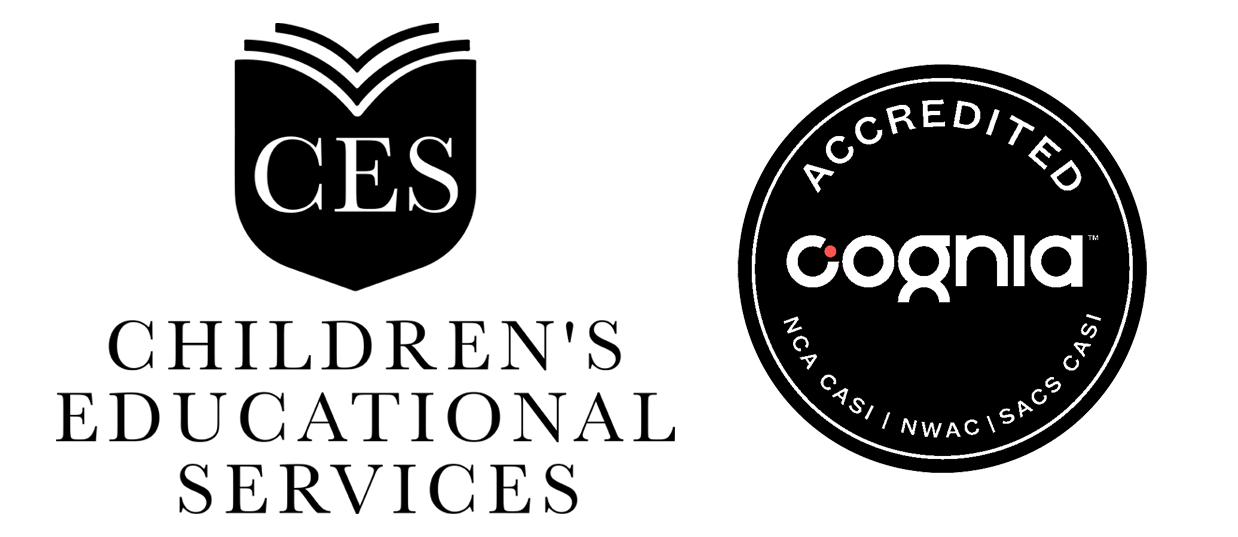
6. There is nothing to fear but fear itself. Regardless of your own experience with school mathematics, you can encourage your child to develop a love of math through supporting their performance, helping with school projects, and discussing their homework. Help them appreciate how a strong foundation in math can lead to great opportunities in the future.
7. Stay informed. Keep yourself apprised of the specific academic standards that children are required to meet at each grade level. Let school administrators know that you support professional development for teachers so that all students can be taught by instructors who are well prepared in content and technique of mathematics training and current technology.
8. Be a champion for challenge. A challenging math curriculum can stimulate children to learn and can positively influence growth in other areas of their education. Advocate for mathematics reform efforts that focus on raising expectations for student performance.
9. Make sure your kids are taking advanced courses. Encourage your child to master Algebra and Geometry by the end of ninth grade. The mathematics students study in the middle grades has a strong effect on whether they will be able to take the higher levels of mathematics necessary for admission to college and for an increasing number of jobs.
10. Prepare them for a profession. Let kids know what vocations require a sound base in mathematics. Careers in carpentry, landscaping, medicine, pharmacy, aeronautics, and meteorology all require strong math skills. Let them know that they too can be successful in math. Ask local employers to sponsor school-to-work programs and career fairs.



